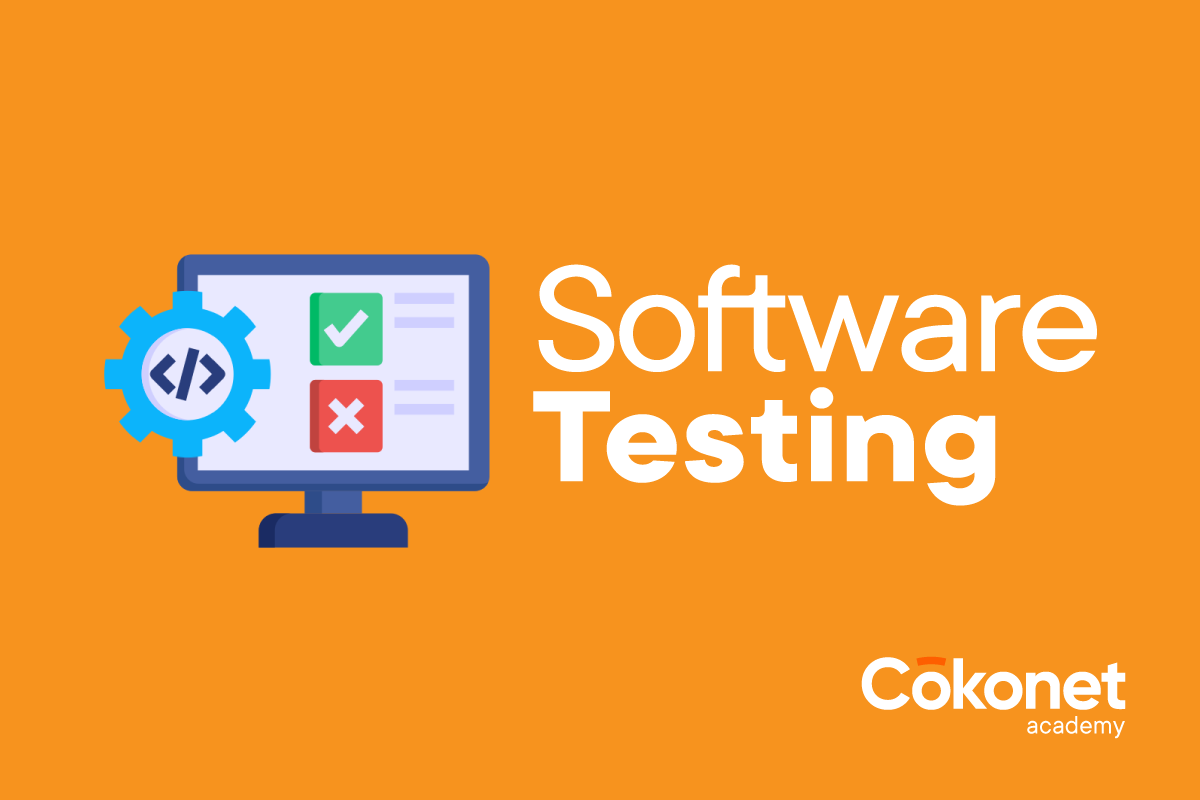Benefits of Learning Software Testing
Learning Software Testing equips you with the vital skills needed to ensure the quality and functionality of software applications. Whether it's manual testing or automation testing, both are essential to delivering bug-free software that meets user expectations. The course covers everything from understanding testing techniques and tools like Selenium to applying methodologies like Agile. With hands-on practice and real-world examples, you’ll be ready to enter the world of Quality Assurance (QA) with the confidence to find and fix issues, optimize performance, and ensure user satisfaction. Additionally, you’ll gain a solid foundation for pursuing certifications such as the ISTQB 4.0, a globally recognized standard in the industry.
Why learn Software Testing from Cokonet?
Available Certifications


Hear it from our Alumni
Why Cokonet?
Cokonet Academy offers expert-led Software Testing training in Kerala with placement assistance, flexible fees, and industry experience, ensuring practical learning and career success.
Cokonet Academy offers placement assistance through partnerships with leading companies.
Cokonet Academy offers internship assistance to help students develop essential skills.
Cokonet Academy offers interest free loans for students in need.
Cokonet Academy offers flexible EMI payments to ease financial burdens.
Cokonet's Industry-Aligned Syllabus equips students with relevant skills and hands-on experience for career growth.
Experienced instructors at Cokonet guide learners through Software Testing tools & technology, ensuring career success.
Cokonet’s global alumni network connects you to top MNCs.
With a 15-year legacy, Cokonet has been empowering students with industry-relevant skills and fostering career growth.
Testing Courses
Cokonet Academy
Still Confused?
Find the answers to frequently asked questions by our learners. If you have more questions, feel free to reach out to us.
Software testing ensures that software applications are free from bugs and function as expected. It’s important because it helps to improve software quality, ensures user satisfaction, and reduces the risk of errors after release.
In this course, you will learn manual testing techniques, automation testing using tools like Selenium, test case creation, bug tracking, performance testing with JMeter, and working within Agile and Scrum environments.
You will learn to use popular tools such as Selenium, QTP (QuickTest Professional), JMeter, LoadRunner, and Bugzilla for automated testing, performance testing, and bug reporting.
Manual testing involves testing software manually without the use of any automation tools. Automated testing, on the other hand, uses tools like Selenium to automate repetitive test cases, making it faster and more efficient for larger applications.
After completing this course, you can work in roles like Software Tester, QA Analyst, Test Automation Engineer, Performance Testing Engineer, and QA Lead across various industries including IT, finance, and healthcare.
The average salary for a Software Tester in India ranges from ₹3,00,000 to ₹8,00,000 annually, depending on experience and skill level. Automation testers typically earn higher salaries due to the demand for automated testing expertise.
The course duration typically ranges from 3 to 6 months depending on the depth of the content and your learning pace. It includes practical sessions, assignments, and mock exams.
No prior coding experience is required. While having basic knowledge of programming helps, the course covers everything from manual testing to automation, and coding basics needed for automated testing will be taught as part of the curriculum.
Yes, software testing is a great career option due to the growing demand for quality assurance professionals across industries. As software applications become more complex, the need for skilled testers continues to rise.








